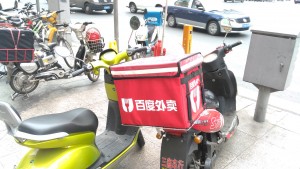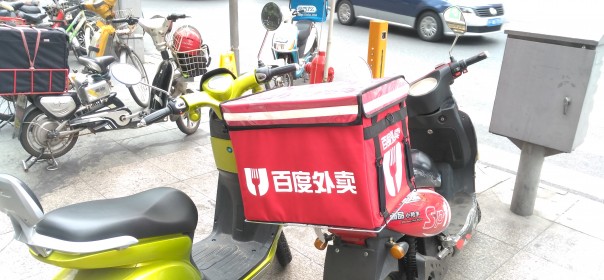Bottom line: Baidu could announce a sale of its takeout dining unit to Ele.me by the end of the month, in a smart exit that will leave the industry with two major players and could result in a major write-off for Baidu.

In a move that’s been a long time coming, media are reporting that search giant Baidu (Nasdaq: BIDU) is on the cusp of a deal to unload its aging takeout delivery service to rival Ele.me, in a deal that would essentially whittle the ultra competitive space down to just two players. This particular development follows quite a typical pattern for Baidu, whose founder Robin Li has discovered he can quickly gain market share in new areas by throwing lots of money at them, sometimes through organic build-ups and sometimes through acquisitions.
Unfortunately, Li also has a strong track record of building up money-burning black holes that become problematic because they consume so much cash that they can’t be easily shut down. He has closed at least one such venture in the past, an e-commerce venture with Japan’s Rakuten. In another instance he sold off his Qunar online travel service to industry leader Ctrip (Nasdaq: CTRP). Read Full Post…











